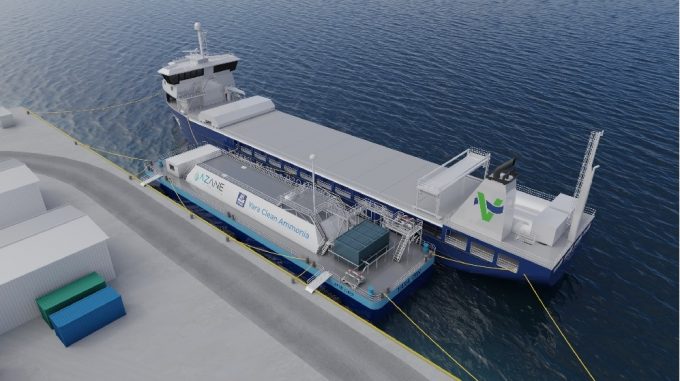Video footage shows moment of impact between Solong and US tanker
Video footage has emerged of the collision between the containership Solong and US tanker Stena ...

Both Russia and Ukraine are pointing fingers over the rupture in the Tolyatti-Odessa ammonia pipeline, but the noxious gas pouring into the forests of Masyutovka and Kharkiv is only the first of two ammonia-related incidents this week.
In Goa, India, Mormugao Port ...


Comment on this article